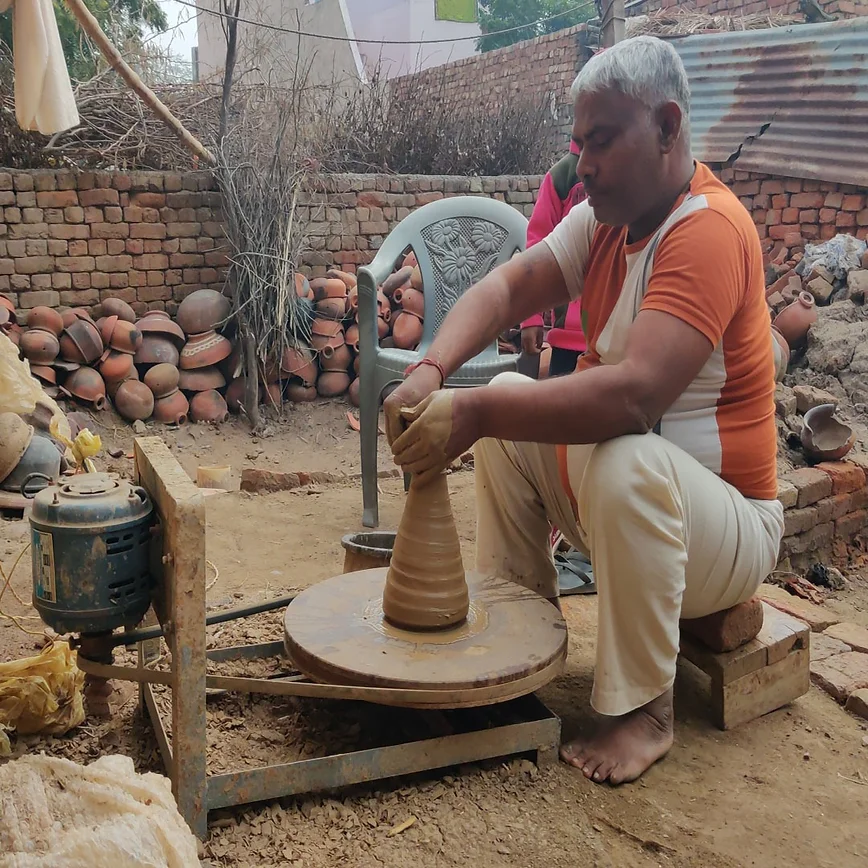Home
About Us
Page 2
The program also seeks to deeply comprehend the factors that contribute to the success and/or failure of islet transplantation protocols and more importantly, to develop approaches for continued improvements that could essentially result in sustained graft function and therapeutic durability.
|
|
The National Institutes of Health and the National Institute of Diabetes and Digestive and Kidney Diseases are willing to administer funds in the amount $2,650,000 to support the initiatives of the program.
The institutions and organizations who will be considered eligible to participate in this program are the following:
a) State Governments
b) County Governments
c) City or Township Govenments
d) Special District Governments
e) Independent School Districts
f) Public and State Controlled Institutions of Higher Education
g) Native American Tribal Governments
h) Public Housing Authorities/Indian Housing Authorities
i) Native American Tribal Organizations (other than Federally recognized tribal governments)
j) Nonprofit Organizations
k) Private Institutions of Higher Education
l) For-profit organizations other than small businesses
m) Small Businesses
The United States Department of Health and Human Services, the mother agency funding the The Collaborative Islet Transplantation Registry Program, is the country's leading program that's constantly working towards protecting the health of all Americans and providing fundamental human services to all.
The Collaborative Islet Transplantation Registry Program
Back to Page 1
About The Author Michael Saunders is an editor of TopGovernmentGrants.com one the the most comprehensive Websites offering information on government grants and federal government programs. He also maintains Websites providing resources on environmental grants and grants for youth programs. |
Additional Resources
category - Health Grants
Health Care Innovation Challenge
Identifying Heart, Lung, and Blood Disease-Causing Variants
Exploratory Clinical Trials for Small Business Grant Program
Medical Tropical Research Laboratory Program Infectious Disease Research Award
Follow @topgovtgrant
Social Entrepreneurship
Spotlight
Reviving Ancient Indian Art Forms – Empowering Artisans Towards Entrepreneurship

Rivaayat is an initiative by Shri Ram College of Commerce, Delhi to revive various dying art form and solve innumerable problems faced by the artisans. Rivaayat began with reviving a 20,000-year-old art form of pottery that is a means of survival for 600 families residing in Uttam Nagar, Delhi.
